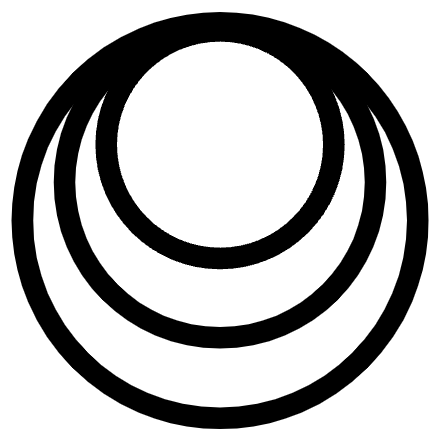When I enter a room full of people, all of my behaviors are derived from where and who I am. It follows that where I am informs how I feel. How I feel will inform what I value and want.
What if I entered a room full of people without knowing where I am?
I did just that. Four decades ago I entered a room without knowing where or who I was. All the people inside were apparently busy with important work. The ones who had been here longest told me what I was supposed to do, and for the most part, I did that.
Most people toiled incessantly to sell the things they made so they could buy the things that others made. I embraced this as my purpose, and prepared myself for a successful life of producing and consuming.
Over time, I accepted that I was what I did in the room. And since what I did was respected by others who I admired, it pleased me to be associated with what I did.
Though I persisted in being what I did, I knew something was missing. Producing and consuming lost their luster and I began to sense that I was missing something. Where was this room, exactly? I began looking for answers, and I found many people doing the same.
Most believed that there was an enigmatic being who had created the room. They had the largest following and the longest history and could give me answers if I accepted many propositions I could not see or experience in any way. I found their answers complex and contradictory. But most important, there was no way for me to know myself; I had to rely on others, or the writings of those before me.
Others believed the answers could be found through the careful study and observation of the room itself. They were able to predict and control aspects of the room almost magically, and pointed to these accomplishments as evidence of their supremacy. They could tell me where I was in relation to something I could never experience, and the most revered among them could explain in symbols and logic I could not understand without extensive training. Again, I was unable to practically know and confirm their answers myself.
A relatively new group suggested the being was the room. Some were focused on overcoming the pain that beset those of us in the room. And many more did not think about it at all, instead pursuing various distractions.
Everyone in the room believed that the room was there long before they had arrived, and would endure long after they had left.
Most seemed to have decided that we could not know the answer ourselves, and that we must listen to others who knew more than us. Either living, or long-dead. All the various seers, experts, leaders, and authorities who knew some or part of the truth shared one quality: they weren’t me.
Strangely, no one remembered entering the room, but a special group of people called “parents” remembered bringing everyone in.
They also generally agreed that we should continue to bring more people into the room, and that the lives of the people who were there should be preserved and extended, despite not knowing where they were.
When I began searching for answers and discussing them with others, I found two things: 1) the person I shared with was skeptical and often dismissive of my own ideas, and 2) I wanted this other person to believe me. Most people did not want to discuss this with me.
I realized at some deep level, we all knew our condition: we were in a room we didn’t know anything about. Yet we clung fiercely to what we thought we knew, even if we knew it was incomplete or untrue. I met many people who were concerned with how to behave in this room we knew nothing about. And many more who were concerned with the properties of the room and how to build things from the various forms within it.
Everyone I met was concerned with what they did in the room, and how to get more of what the room had to offer. Most apparently believed the room was good enough to bring others into it, even if they didn’t know what it was. But I never could find anyone who wanted to address the core issue: where is this room? What is this room?
Most focused on “why” they were in this room. But I wondered how I could know why I was here if I did not even know where I was. If I woke up one day somewhere completely unfamiliar, would I first ask why I was there? No, I would not.
So I decided to review what I knew:
- I knew I was in pain.
- I did not know where I was.
It seemed reasonable that my pain stemmed from the disorientation of not knowing where I was. I was in pain because I was lost. So I knew one other thing:
- I knew I was in pain because I was lost.
And naturally, I knew something else:
- I knew that I did not want to be lost and in pain.
Since I was lost and in pain, I knew something else:
- I knew that I needed to find myself in order to end my pain.
With that, everything began to make sense. I was in pain because I was lost. To end my pain, I had to find myself; to remember where and who I was.
With that, I began my journey.
…
Read: Existential alignment
